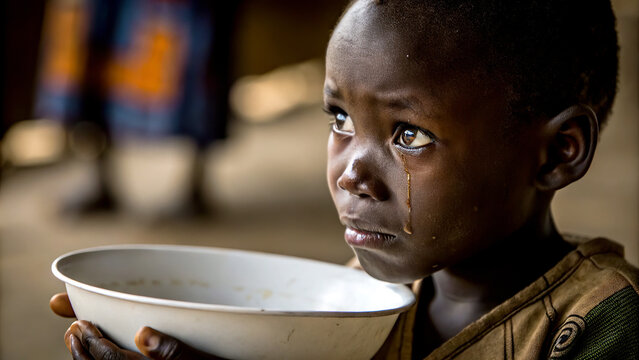- In Sudan’s North Darfur State, the laughter of children has been replaced by the sounds of illness and exhaustion.
- The war has stolen their childhoods, and now hunger, disease, and violence threaten to take their futures too.
In Sudan’s North Darfur State, the laughter of children has been replaced by the sounds of illness and exhaustion. Once full of energy, their strength now remains drained by months of hunger, fear, and uncertainty.
The war has stolen their childhoods, and now hunger, disease, and violence threaten to take their futures too.
The crisis is entering its third year, and for millions of children, survival has been reduced to a daily fight. Families have fled their homes with nothing but what they could carry, seeking refuge in overcrowded displacement camps.
But in these cramped spaces, clean water is scarce, sanitation is poor, and food supplies are limited. The result is a perfect storm for disease outbreaks—and cholera has struck with alarming force.
Cases have surged in North Darfur, where over 640,000 children under the age of five are now at risk. The disease spreads rapidly where safe water is absent, and weakened immune systems make children especially vulnerable.
Read More
“Children in Sudan are dying from hunger, disease, and violence. The world must not look away. Not now,” said Sheldon Yett, United Nations Children's Fund (UNICEF) Representative in Sudan, speaking at a press briefing in Geneva on August 5, 2025.
UNICEF and its partners are responding by establishing Cholera Treatment Centres and delivering vaccine doses, but insecurity, damaged roads, and movement restrictions make it difficult to reach the worst-hit areas. “Safe and sustained access is needed for their well-being,” Yett stressed.
The crisis in Sudan has left children facing unimaginable hardship. Many are going without proper meals for days, their small bodies weakened by the relentless grip of hunger.
Some struggle to find the strength to walk or play, their energy drained by the lack of nourishment. Beyond the physical toll, the emotional weight is heavy — fear, uncertainty, and the loss of the carefree moments that should fill childhood.
Each passing day without adequate food pushes them further from the safety and comfort every child deserves, turning survival into their daily battle.
The statistics are sobering: around 14 million children across Sudan now require humanitarian aid. Many have known nothing but war for over two years. Schooling has been disrupted, health services have collapsed in many areas, and safe spaces for children have all but disappeared.
Sadly, the danger is not only in the present—it stretches far into the future, risking the loss of an entire generation’s potential.
International community must step up. Without secure access for humanitarian workers and the funding to sustain their efforts, the situation will worsen. “Children in Sudan are resilient,” Yett said. “They have endured war now for over two years. But they cannot survive without help.”
The world’s response will decide whether these children’s lives are saved or lost. And for those trapped in this crisis, every day without assistance is a day their chances grow smaller.










